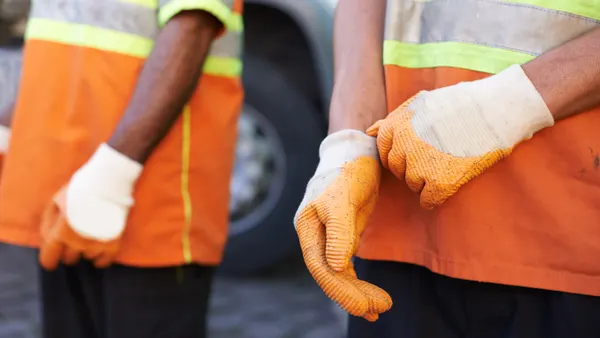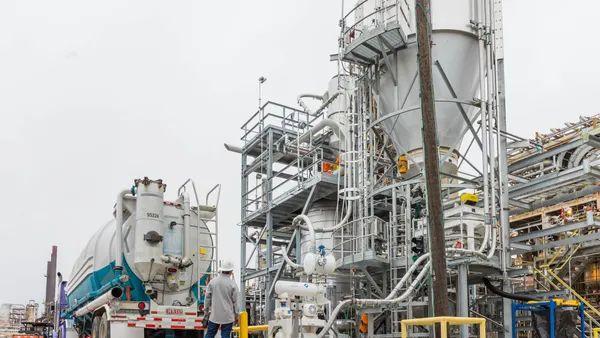Dive Brief:
- In each of first three quarters of 2017, Oregon saw a container redemption rate of 64%; that number jumped to 82% in Q4, according to data from the Oregon Beverage Recycling Cooperation (OBRC).
- Over on the East Coast, Connecticut Gov. Dannel P. Malloy is pushing for a $0.25-per-bottle deposit on wine and hard liquor containers, as reported by the Hartford Courant.
- A bill introduced in the Florida State Senate would create a two-tiered container deposit in the state. Beverage containers with a volume of 6 oz. to 25 oz. would have a $0.20 deposit, and containers with a volume of 25 oz. to 1 gal. would have a deposit of $0.30.
Dive Insight:
Malloy has attempted to alter Connecticut's container laws before: He proposed increasing the deposit to $0.10 last year. The proposed expansion for some bottles would be the first of its kind in New England. Florida, meanwhile, would be the first state in the Southeast with a deposit law.
Bottle deposits are largely popular with consumers in states where programs create substantial economic value. Operations can be complicated however, and California is taking active steps to counteract a "crisis" of closing redemption centers.
Several other states are considering changes to container deposit laws, too. Following a speech from outgoing Gov. Rick Snyder, in which he lamented Michigan's "disappointing" recycling numbers, State Rep. Jon Hoadley introduced a bill to expand the state's deposit law to include more types of beverages. Lawmakers in Iowa are considering similar strategies.
Container deposits, while popular because they reduce MRF contamination and litter, are not without opponents in the beverage and grocery industry. Political opposition has led Delaware to repeal its container deposit and other states — including Iowa — to also consider repeals.
As legislative sessions across the country continue to move forward, it's likely deposit bills will see serious consideration from Iowa to Florida. The California-based Container Recycling Institute is hosting a webinar at on Feb. 12 to provide legislative updates from around the country, as well as insight on how China's import policies will change recycling in the U.S.












